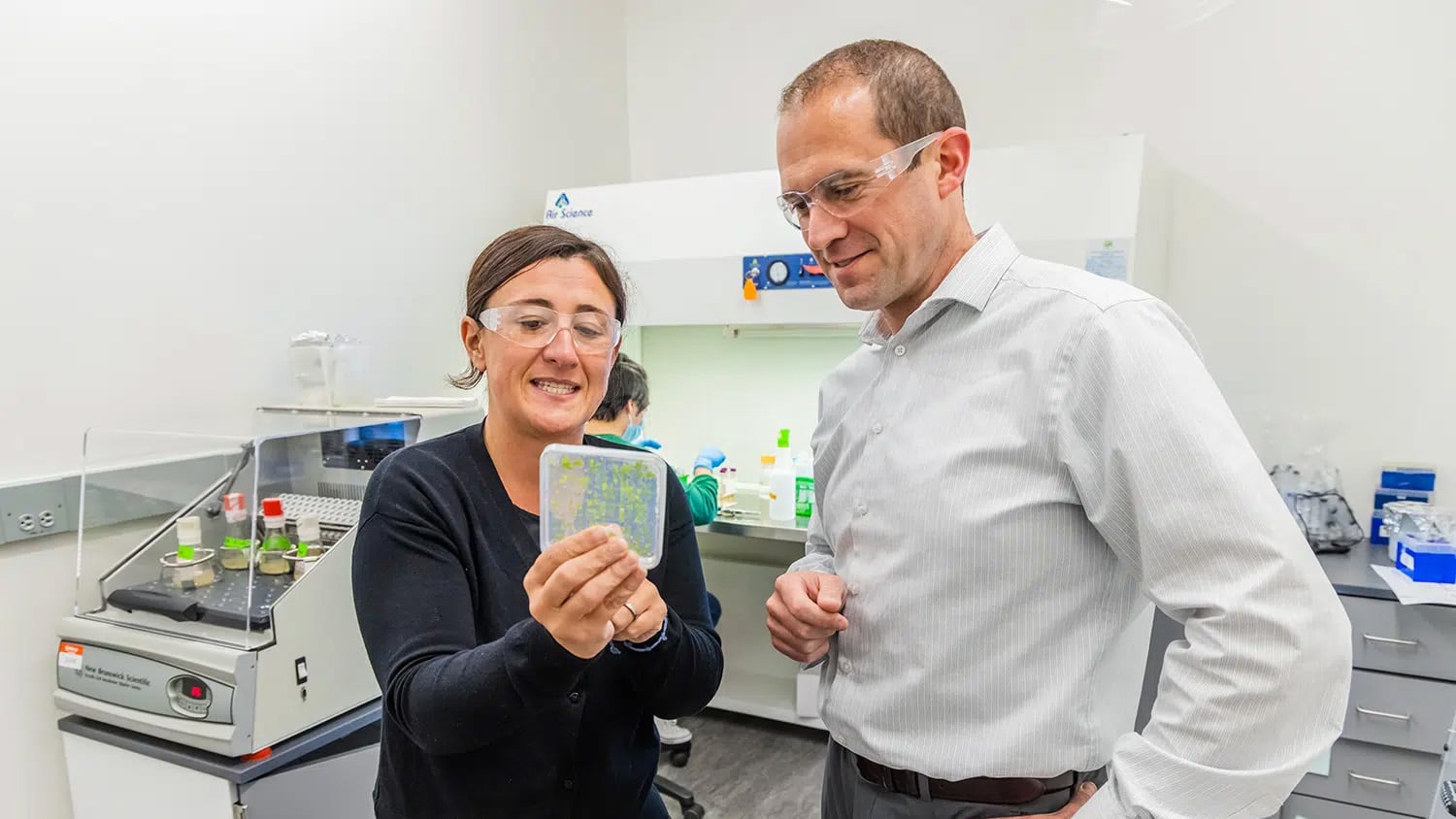Old Problems Get New Solutions
Dr. David Threadgill, professor and department head of genetics, is relatively new to NC State, but not new to producing groundbreaking research findings.
In the past few months, he and colleagues have published papers suggesting new ways of thinking about old problems, including a new target for colon-cancer drugs and a cheaper and possibly more effective way to predict toxic side effects of drugs on humans.
Like horror films in which victims haplessly fire ammunition into a vampire’s skull, Threadgill and colleagues found that current colon-cancer treatments might be aiming at the wrong target. Rather than focus on epidermal growth factor receptors, or molecules commonly targeted in other types of cancers – a strategy that is not very effective in colon-cancer treatment – Threadgill finds a new molecular receptor target by blocking a “cousin” receptor in mice and showing that these particular mice don’t develop colon cancer.
If it stops the bad guy in mice, it might just stop the bad guy in humans.
To study ways of predicting drug toxicity on humans, Threadgill and colleagues published a paper in Genome Research that found a genetic marker linked to the risk of acetaminophen-induced liver injury in mice. They then examined the gene’s counterparts in humans, and found a specific gene associated with possible liver injury. Although the gene’s role in liver toxicity in humans is not yet known, Threadgill’s method of using corollaries of animal model genes represent a new way of predicting the side effects drugs will have on humans.
Wouldn’t it be great if you knew that Tylenol was bad for your health before you took it?


